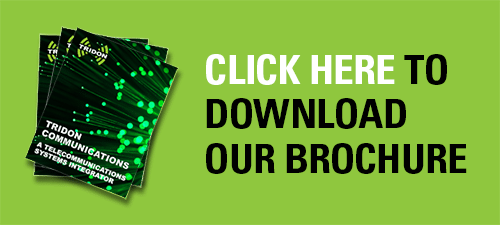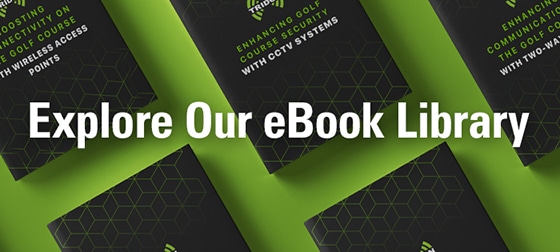The first question is the most obvious: What is access control? As the name implies, access control is the practice of controlling access to areas so that only authorized personnel can enter. The applications range from apartment complexes and convenience stores to construction sites and refineries, and virtually every other restricted or private environment you can think of. The next question customers ask is one you might already expect:
Why Do I Need an Access Control System?
Buildings and project sites need access control because whatever lies beyond the secured access or control point (like a door, gate, or turnstile) has been deemed sensitive. It could be valuable inventory in a warehouse, sensitive computer equipment in your server room or potentially hazardous chemicals in a refinery. You could just as easily be trying to protect the privacy of guests or employees in an apartment, hotel or office.
How Does Access Control Work?
Broadly speaking, a device, called an access control unit, is installed near the entrance to the area you want secured. A form of credential will have to be produced before entry is granted. You may have to provide a passcode, a PIN, a key card or fob, or some kind of biometric identification like a thumbprint. Once that credential is provided and accepted, access is granted.
What Kind of Credentials Can I Require?
Credentials are the unique identifiers access control systems use to determine who a person is and whether they have the authorization to enter. They can range from something as simple as an access card or a key fob or as unique as a thumbprint or retinal pattern. The more unique a credential is, the harder it is to be stolen or replicated by unauthorized individuals.
Can Multiple People Use the Same Credentials?
That all depends on your system design. If your access point is a standard door, not monitored by a security guard, then it is possible for multiple people to enter on a single authorization. However, alerts can be installed that inform security personnel every time a door is opened, or if the door is held open abnormally long. If paired with a CCTV system, this type of monitoring can be very effective at regulating access.
You can also install barriers like turnstiles or man traps. Turnstiles only allow one person to enter at a time and can default to a locked position after someone enters, requiring the next person to produce their own authorization.
Man traps are a bit more elaborate. Usually, they consist of two doors separated by a restricted area. Only one door may be opened at any given time. This type of access control puts strict limits on who can enter, especially when it is paired with CCTV security cameras or security personnel.
What Happens If the Power Goes Out?
A power outage doesn’t have to spell disaster for the security of your facility. There are devices called Fail Secure Doors that will remain in a locked position until power is restored, and the system reactivated. However, those in secured areas will still be able to exit.
There are also Fail-Safe Doors, which unlock in the event of a power outage. These are designed as safety measures for those trying to enter secured areas to assist.
What Stops People from Breaking In?
Access control systems can be enhanced in such a way that break-ins become extremely difficult. Rather than using access cards (which can be lost or stolen), thumbprints could be used to verify identities and authorization. The more unique a credential is, the harder it is for unauthorized individuals to replicate.
Forced entry can also be made more difficult with proper system design. Magnetic door locks and fail-secure doors can be installed to bar forced entry. Audible, silent and visible alerting systems (e.g. flashing lights, computer notifications) can be activated should a break-in be attempted. These measures would alert security personnel the instant that a break-in was attempted, and they could respond accordingly.
What Will My Access Control System Cost?
That will depend on the scale and complexity of the system. While going with less expensive options may be desirable, it may not be worth the risk to site and personnel safety. On the other hand, the last thing you want is to spend money on a system that is surplus to requirements, especially for temporary systems (like those safeguarding construction sites).
Because your access control system will be a customized solution, your best bet is to work closely with your provider. Explain your security needs and goals so they can provide a solution that’s right for you.
Getting Started
As you start developing your site security goals and plans, you will undoubtedly have more questions about access control than we covered here. When they come up, Contact Us. Our Service Technicians and Client Support Specialists are here to help.
Tridon is a full solution Telecom Systems Integrator with CSA certification and licensed by APEGA. Our Engineering, Service and Tower Divisions collaborate with customers to build engineered solutions including communications systems design, tower inspections, and co-location, wireless broadband, fiber optic cabling, site security, and two-way radio communication.



